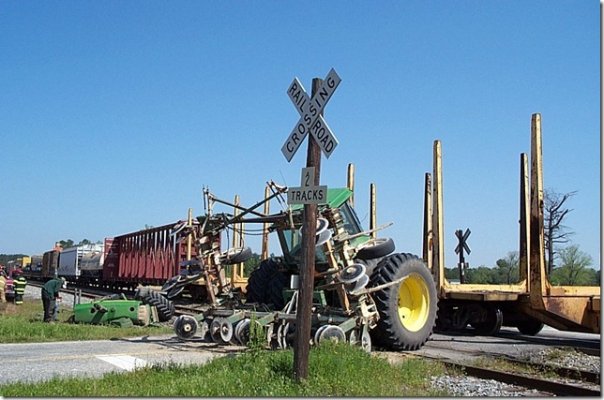I will only address current vintage engines as that's where my experience is and rather than a ranking, I'll address strengths as I see them.
MAN-I don't think you can beat them for the 800-1900 hp range. The combination of size to performance and dependability. A+
CAT-I think in the US they're a bit overrated. Many long time boaters just think they are the only engine to have. I think they have as many issues as anyone plus they're noisy. I'd choose MAN over them. Now, I would give them a C except their warranty service is excellent (Unless you're waiting on Pantropic) so B.
Cummins-I'd almost give them a top rating just based on how they treated Dhays. Dependable, solid engines. A.
Yanmar-In the smaller diesels, we've found them dependable and trouble free on the whole. B+
MTU-MTU has all the upper horsepower business from 2000 hp up plus a part of the smaller engines. Because many of their engines are pushed to the limits and in ranges others don't offer, I do think they get a bit more negative response than deserved. A 2800 hp pressed to it's limit is likely to have more issues than a 600 hp. Their warranty service is strong so I'll give them a B.
Deere/Lugger and all the variations. I personally prefer the Lugger versions slightly having used them extensively in Northern Lights generators. There is no more dependable engine, in my opinion. A+
Volvo-Rating just the engine here and trying not to cloud it by IPS. Solid. Really gaining share with European and Asian builders. Their history of parts availability and service in the US hasn't been what it is in Europe but is improving rapidly. However, until it makes a bit more progress, I must do the opposite of what I did on CAT and reduce them from a B to a C+.
Mercury-Why? Now that Searay no longer builds larger boats will they die? With so many excellent engines, theirs are not. D
In smaller engines, there are many others out there who build fine engines but their service networks and general usage just isn't enough for me to evaluate. VW, Kubota, Suzuki are just some that quickly come to mind.
Also, it must be said that one can experience trouble with the best engine and one can have a lifelong wonderful experience with the worst. On the whole, all the engines are good, just some better than others, especially in their prime ranges.


